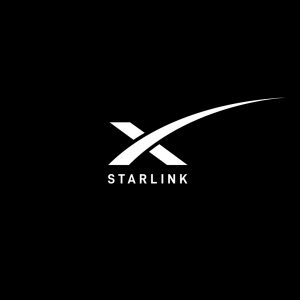SpaceX has secured a deal to launch four navigation satellites for the European Space Agency (ESA) as European Union (EU) launch vehicles face ongoing delays. The announcement, first reported by The Wall Street Journal, comes as the EU has been forced to look abroad for a launcher for its Galileo satellites due to technical setbacks in its rocket development programs.
Key Takeaway
SpaceX has secured a deal to launch four European navigation satellites for the ESA, marking the first time SpaceX will launch European satellites containing classified equipment. This partnership comes as delays in European rocket development programs have prompted the EU to seek launch services abroad. The launch of additional Galileo satellites is crucial for ESA in maintaining an independent European global satellite navigation system.
SpaceX’s Agreement with ESA
Under the agreement, SpaceX will conduct two Falcon 9 launches in 2024, with each launch carrying two “Galileo” navigation satellites. However, the deal is still subject to final approval from the European Commission and EU member states. This approval is expected to be granted before the end of the year, according to sources familiar with the matter.
European Preference for Homegrown Rockets
Europe had initially preferred to use its own rockets, such as the long-delayed Ariane 6 or Vega-C, for launching the Galileo satellites. However, due to the technical holdups in these rocket development programs, the EU had to explore alternatives. The United Launch Alliance’s Vulcan system and SpaceX emerged as potential options, with SpaceX eventually being selected.
Importance of Galileo Satellites
The launch of additional Galileo satellites is crucial for ESA, as they contribute to the maintenance of an independent European global satellite navigation system. This system serves as an alternative to the navigation systems of the United States and China. The Galileo satellites also play a significant role in providing encrypted navigation communications for European military purposes.
SpaceX’s Collaboration with Europe
While this will be the first time in 15 years that Galileo satellites are launched from outside Europe, it is not the first collaboration between SpaceX and European space agencies. Earlier this year, SpaceX successfully launched the Euclid telescope for the ESA, and there are plans for the company to launch at least two more European spacecraft in the future.

























